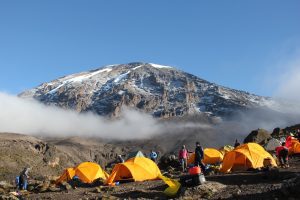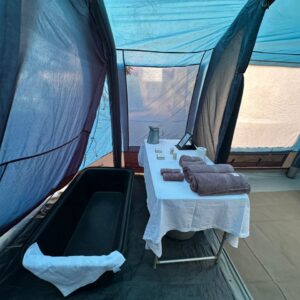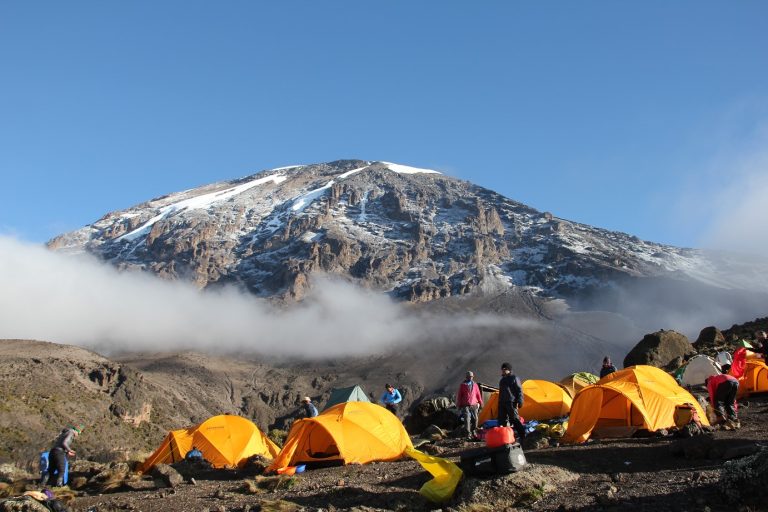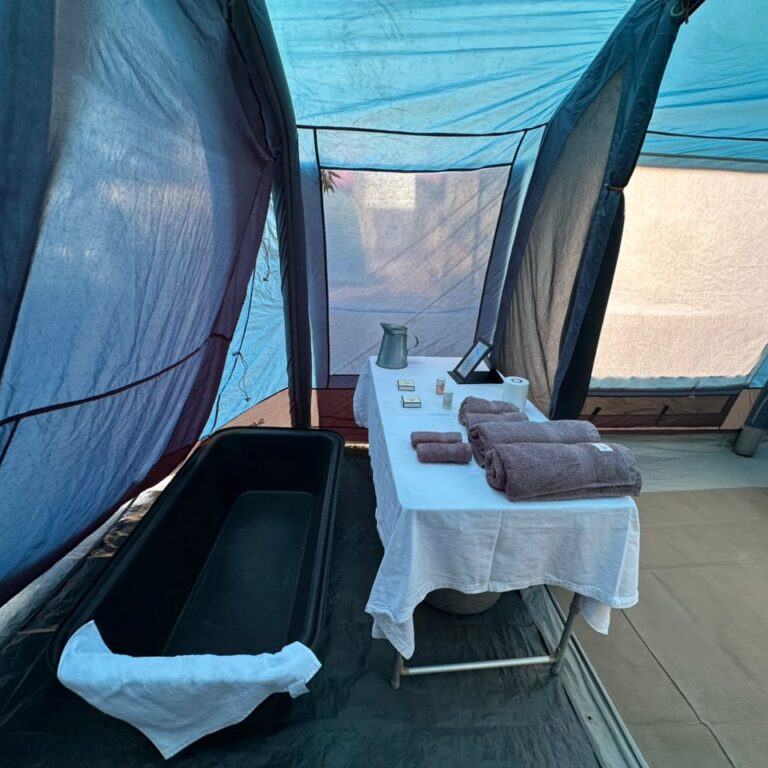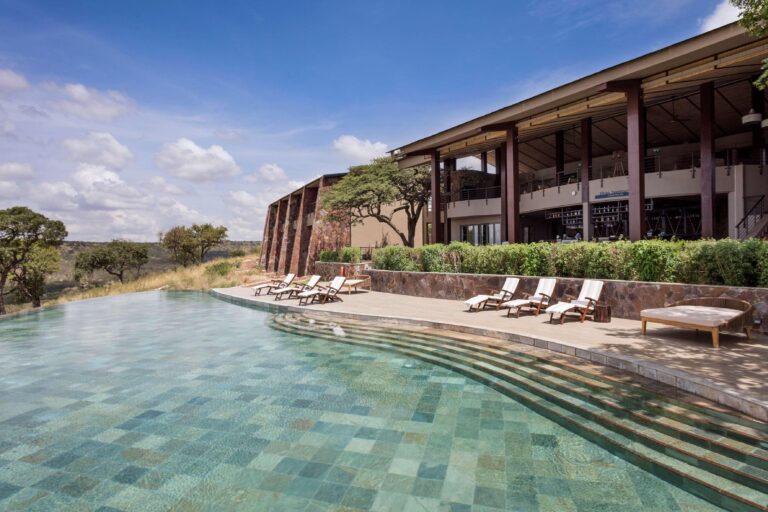The best snacks for climbing Kilimanjaro are high-energy, easily portable options that replenish electrolytes and provide quick boosts. Popular choices include trail mix, dried fruit, nuts, chocolate, energy bars, jerky, and electrolyte tablets. Consider salty snacks for sodium replenishment and sweet snacks for energy and mood elevation. The journey to the “Roof of Africa” is more than just a hike; it’s a test of endurance, a mental marathon, and a breathtaking adventure. As you ascend the slopes of Mount Kilimanjaro, your body will demand a constant supply of energy to combat the altitude, the cold, and the sheer physical effort. While your trekking company provides three hearty meals a day, the secret weapon to a successful summit often lies in what you carry in your daypack: the right snacks.
Choosing the right snacks for your Kilimanjaro climb its a strategic decision. You need food that is lightweight, calorie-dense, easy to eat on the move, and provides sustained energy. The best snacks are those that not only taste good but also serve a specific purpose in your nutritional strategy. Here is a comprehensive guide to the best snacks to pack for your Kilimanjaro ascent, designed to keep you energized and ready for every step of the way.
1. Energy Bars: The Powerhouse in Your Pocket
Energy bars are a quintessential trekking snack for a reason. They are specifically engineered to provide a balanced mix of carbohydrates, protein, and fat. When selecting energy bars, look for those with a good balance of simple and complex carbohydrates. Simple carbs, such as those found in sugars, provide a quick burst of energy. While complex carbs, such as oats, offer a slow and steady release, preventing a sugar crash. Brands like Clif Bar, KIND, and RXBAR are popular choices. But the key is to choose a bar you enjoy and have tested before your climb to ensure it agrees with your stomach.
2. Nuts and Trail Mix: The Classic Climber’s Fuel
Trail mix its the ultimate do-it-yourself snack for a reason. A good mix of nuts (almonds, walnuts, pecans), seeds (pumpkin, sunflower), and dried fruit provides a powerhouse of nutrients. Nuts are a fantastic source of healthy fats and protein, which are crucial for sustained energy and muscle repair. When creating your trail mix, consider adding a sprinkle of chocolate chips or M&M’s for a morale boost and a quick sugar hit. Be sure to pack a variety of flavors and textures to prevent palate fatigue.
During a Kilimanjaro climb, you will be provided with food and water. But it’s crucial to understand the specifics. Meals are prepared by your guides, typically featuring high-energy carbohydrates like rice, potatoes, and pasta, along with fresh fruits and vegetables. Water is collected from mountain streams, boiled, and treated with purification tablets. You’ll need to carry your own water for the day’s hike, usually 3-4 liters, as water is only provided at campsites.
3. Dried Fruit: Nature’s Sweet Energy
Dried fruit is an excellent source of natural sugars, providing a rapid source of energy. It’s also lightweight and packed with vitamins and fiber. Apricots, raisins, dates, and mango slices are all great options. They can be eaten alone or mixed into your trail mix. Just be mindful of the sugar content. While it’s great for a quick boost, too much can lead to an energy crash. Combining dried fruit with a handful of nuts is a perfect way to balance the sugar and fat content for more sustained energy.
When packing food for a Mount Kilimanjaro trek, prioritize energy-dense, lightweight snacks that can be easily carried and eaten during breaks. Consider a mix of salty, sweet, and protein-rich options to keep you fueled and satisfied. Don’t forget electrolytes to stay hydrated and comfort foods for morale.
4. Chocolate and Candy: The Sweet Summit Reward
There’s no denying the power of a small treat on a long, arduous day. A piece of chocolate or a handful of hard candies can provide a much-needed psychological and physical lift. Dark chocolate, in particular, contains antioxidants and a small amount of caffeine, which can be beneficial. Hard candies, like butterscotch or lemon drops, are great for keeping your mouth from getting dry and providing a steady trickle of sugar. Save these for when you truly need a pick-me-up or as a small reward during breaks.
Climbing Mount Kilimanjaro significantly impacts the body due to the altitude and physical exertion. Expect muscle strain, joint stress, and potential altitude sickness (AMS) with symptoms like headaches, nausea, and fatigue. At higher altitudes, reduced oxygen levels can lead to swelling, vision changes, and sleep disturbances.
5. Jerky or Meat Snacks: Protein on the Go
For those who crave savory flavors, jerky its an excellent choice diet & Nutrition for climbing Mount Kilimanjaro. It’s a concentrated source of protein and sodium, both of which are important for muscle function and electrolyte balance the typical Menu for Kilimanjaro climbers. The high protein content helps keep you feeling full and provides the building blocks for muscle repair. When selecting jerky, look for varieties that are low in sugar and preservatives. A good quality beef, turkey, or even vegan jerky can be a game-changer when you’re tired of sweet snacks.
Climbing Kilimanjaro involves navigating diverse climates, enduring altitude changes, and potentially facing challenging conditions, but is generally considered a hiking, not technical climbing, experience. Expect varying temperatures, from humid rainforests to freezing summit nights. Altitude sickness is a possibility, and acclimatization is crucial. While the summit night its physically demanding, the overall climb is achievable for those with good fitness and preparation.
6. Electrolyte Tablets or Powder: The Hydration Heroes
Hydration is paramount on Kilimanjaro, and it’s not just about drinking water. At high altitudes, you lose essential electrolytes like sodium and potassium through sweat and increased respiration. Electrolyte tablets or powders best snacks for your Kilimanjaro climb such as Nuun, Liquid I.V., or Skratch Labs) are small, lightweight, and can be added to your water bottle to replenish these lost minerals. They help prevent muscle cramps, headaches, and general fatigue, making them an indispensable part of your gear.
A Kilimanjaro diet plan should focus on providing sufficient energy and hydration to support the strenuous climb, especially at high altitudes where appetite may decrease and metabolism increases. The plan should emphasize carbohydrates for energy, and include plenty of fresh fruits and vegetables for vitamins and hydration. Special attention should be paid to dietary restrictions and personal preferences, with options for low-carb, gluten-free, or diabetic diets.
7. Energy Gels or Chews: The Quick-Release Fuel
Energy gels and chews are typically used by endurance athletes for a quick and easily digestible source of carbohydrates, nutritious Food to Eat When Climbing Kilimanjaro. They are perfect for the final summit push when your body is running on fumes and you need an immediate energy boost without the effort of chewing. They are calorie-dense and designed to be absorbed quickly. Pack a few of these specifically for your summit night to give yourself a crucial jolt of energy when you need it most.
Meals on Kilimanjaro – nutrition is important for summit success, proper nutrition is vital for a successful Kilimanjaro climb, providing the energy and sustenance needed to endure the strenuous trek and altitude changes. Meals on Kilimanjaro are designed to be high in carbohydrates, offer moderate protein, and include healthy fats, all while emphasizing hydration. Delicious and easily digestible food is also crucial, as appetite often decreases at higher altitudes.
Important Considerations on the Best Snacks for Climbing Kilimanjaro:
For climbing Kilimanjaro, the best snacks are high-energy, easily digestible options that replenish electrolytes and satisfy cravings, including energy bars, trail mix, nuts, dried fruit, jerky, hard candies, and electrolyte powders or gels, while avoiding items that could melt or spoil.
Comfort Food. A small piece of your favorite candy bar, a sealed bag of cookies, or a small pack of your favorite crackers can be a huge morale booster. When you’re feeling low, a taste of home can make all the difference. Don’t underestimate the psychological power of comfort food.
Resealable Bags. Organize your snacks into daily rations using resealable bags. This keeps your snacks fresh, prevents them from getting crushed, and makes it easy to grab exactly what you need without fumbling through your entire pack. A bag for each day of the climb simplifies logistics and ensures you don’t over-consume your supply too early.
Avoid Caffeinated Snacks. While a morning cup of coffee is generally fine, it’s wise to avoid excessive caffeine, especially in snacks. Caffeine is a diuretic, which means it can increase urination and contribute to dehydration—a significant risk at altitude. Stick to water and electrolyte drinks, and save the caffeine for when you’re back at sea level celebrating your success.
FAQs What are the Best Snacks for Climbing Kilimanjaro?
Discover the best snacks for climbing Kilimanjaro with our detailed FAQs. Learn about essential meal replacements, salty snacks, sweet treats, energy boosters, and electrolytes to keep you energized and ready for the summit. Find tips on packing, dietary considerations, and more.
Why are snacks important for climbing Kilimanjaro? Snacks are crucial for climbing Kilimanjaro as they provide quick energy boosts, maintain your stamina, and ensure you have a steady intake of nutrients throughout the hike. Proper snacking helps prevent fatigue and keeps you energized, especially during long stretches between meals and the demanding summit night.
What should I look for in a good snack for Kilimanjaro? A good snack for Kilimanjaro should be lightweight, non-perishable, and nutrient-dense. It should offer a balance of carbohydrates, proteins, and fats, and ideally, provide some electrolytes. Snacks that are easy to pack and can withstand varying temperatures are ideal.
Can I rely solely on the meals provided by my trekking company? While trekking companies provide meals, relying solely on them is not advisable. Having your own snacks ensures you can maintain energy levels between meals and have familiar, enjoyable food options readily available.
How do I ensure my snacks don’t spoil during the climb? Choose non-perishable snacks that are designed to last in varying conditions. Avoid snacks with high water content, fresh fruits, and dairy products. Store your snacks in airtight, resealable bags or containers to keep them fresh and prevent spoilage.
Are there specific snacks that are better for summit night? For summit night, prioritize high-energy snacks that provide quick and sustained energy. Energy gels, bars, dried fruits, and nuts are excellent choices. Ensure you have snacks that are easy to eat in cold conditions and don’t require preparation.
How can I pack my snacks to save space and weight? Pack your snacks in resealable plastic bags or lightweight containers. Compressible and compact snacks like protein bars, dried fruits, and nuts are ideal. Organize them in easily accessible sections of your backpack to avoid rummaging through your gear.
Should I consider dietary restrictions or allergies when choosing snacks? Absolutely. If you have dietary restrictions or allergies, plan your snacks accordingly. There are plenty of gluten-free, vegan, nut-free, and other specialized snack options available. Make sure to check labels and pack snacks that meet your dietary needs. Climbing Kilimanjaro requires a high-carb, nutritious diet focused on providing sustained energy and aiding acclimatization, with meals often consisting of porridge, cooked breakfasts, hot lunches with soups and salads, and hearty dinners including pasta, rice, and fresh produce, while snacks like nuts, dried fruit, and energy bars are crucial for on-the-go refueling and combating appetite loss at altitude.
What’s the role of electrolytes in my snack choices? Electrolytes help maintain hydration and muscle function, preventing cramps and fatigue. Incorporate electrolyte-rich snacks like pretzels, sports drinks, and electrolyte tablets to ensure you replenish lost minerals and stay hydrated.
Can I share snacks with my fellow climbers? Sharing snacks can be a great way to bond with fellow climbers and ensure everyone stays energized. However, always check for allergies or dietary restrictions before sharing. Having extra snacks can also be helpful if someone else runs out or needs an extra boost.
Are there any specific brands recommended for Kilimanjaro snacks? While there are many great brands, some recommended ones include Clif Bars, RXBAR, Quest Bars for protein bars; GU Energy and Clif Shot Bloks for energy gels; and Nuun and SaltStick for electrolyte tablets. Choose brands that offer natural ingredients and balanced nutrition.
Do I Need to Bring Snacks for Kilimanjaro? Yes, bringing snacks for Kilimanjaro is essential. While the guides and porters on your trek will provide meals, having your own snacks allows you to maintain your energy levels between meals and during summit night. Snacks can help prevent fatigue, provide quick energy boosts, and ensure that you have familiar and enjoyable food options.
What Kind of Snacks are the Best? The best snacks for Kilimanjaro are those that provide a good balance of carbohydrates, proteins, and fats, along with essential vitamins and minerals. They should be lightweight, non-perishable, and easy to pack. Aim for a mix of meal replacements, salty snacks, sweet snacks, energy snacks, and electrolyte-rich options to cover all your nutritional needs.
How Many Snacks Should I Bring? The amount of snacks you should bring depends on the length of your trek and your personal eating habits. Diet & Nutrition For Climbing Mount Kilimanjaro. As a general guideline, aim to bring enough snacks to have something every 2-3 hours of hiking. This could mean packing 2-3 snacks per day, per person. Remember to account for summit night, which requires extra energy.
Are There Any Snacks I Shouldn’t Bring? Avoid snacks that are bulky, heavy, or easily perishable. Fresh fruits, dairy products, and snacks with high water content can spoil or become a burden to carry. Additionally, steer clear of overly sugary snacks that might give you a quick energy spike followed by a crash. Instead, focus on nutrient-dense, compact, and long-lasting options.
- Avoid foods that are too bulky (bagels, popcorn).
- Avoid foods that spoil (prepared food in Ziploc bags).
- Avoid foods that are heavy (fresh fruit, drinks and other liquids).
- Avoid foods that are stored in breakable or leaky containers (glass containers, non-resealable bags).
- Avoid foods that produce too much waste (canned foods) which must be packed out.
- Be wary of consuming too much caffeine as it may impair sleep.
- Do not bring any alcohol (it is strictly forbidden in the park).
What is the Food Like on Kilimanjaro? The food on Kilimanjaro is designed to provide climbers with the energy and nutrients needed for their trek, and is generally simple, nutritious, and high in carbohydrates. Expect hearty breakfasts, packed or hot lunches, pre-dinner snacks, and filling dinners. The meals often include items like porridge, eggs, sausages, toast, fresh fruit, soups, rice, pasta, vegetables, and meat. Vegetarian and dietary options are also available.
Final Thought
Careful selection and packing of snacks for your Kilimanjaro climb can make a significant difference in your overall experience and success. By choosing a variety of meal replacements, salty snacks, sweet snacks, energy snacks, and electrolytes, you can ensure that you remain fueled and hydrated throughout your journey.
On Mount Kilimanjaro, climbers are provided with three nutritious, hot meals a day, along with snacks and plenty of water. The food is designed to provide the necessary energy for the challenging trek, with a focus on carbohydrates, fruits, and vegetables. Water is sourced locally, boiled, and treated, and climbers are encouraged to drink at least 3-4 liters per day.

